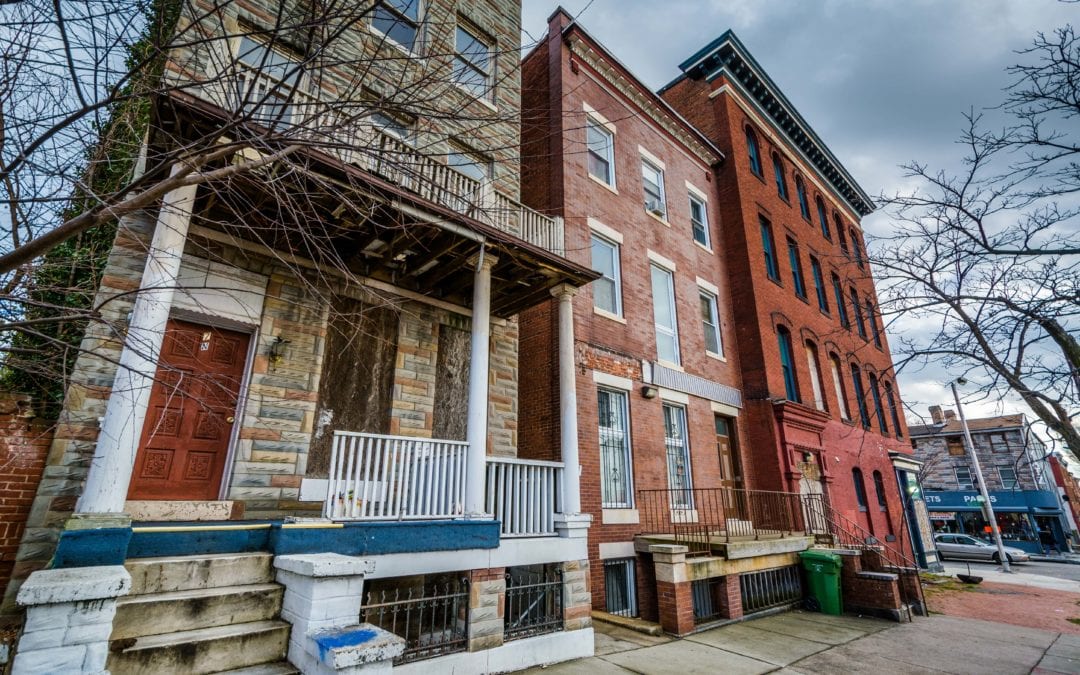Whether you’re new to real estate investing or an experienced house flipper looking to do your first project in Maryland, you’re going to need permits. Below you’ll find each of the permits currently needed to flip houses in Maryland as well as some frequently asked questions about them.
The permits required to flip houses in Maryland include:
- Building Permits
- Electrical Permits
- Gas Permits
- Plumbing Permits
- Mechanical Permits
- Grading Permits
There are a few important nuances for real estate investors in Maryland that you should know. Licenses and permits are not one-in-the-same here. Individuals are not required to have a license to flip houses in the state of Maryland, however, permits are mandatory if the home undergoes any renovation. This means that you don’t need to be a licensed real estate agent to do the flip, but you will be required to get the right permits.
The permit itself ensures that a licensed professional completes the work. It also ensures that all work will adhere to local building codes and regulations.
Is it legally required?
In the state of Maryland, permits are legally required for the following renovations:
- Building permits are required for any construction on a building, which includes any alterations and/or repairs to existing structures.
- Electrical permits must be obtained for all electrical work, which includes the installation of electrical work in new structures.
- Gas permits are required for any equipment that involves gas fuel burning.
- Plumbing permits are required for any plumbing project, which also includes the construction of any new structure where the plumbing will be present.
- Mechanical permits are needed for any work that involves the installation of HVAC equipment.
- Grading permits may be required if the project involves a disturbance to the Earth’s surface.
Permit requirements can alter depending on the location of the renovation within the state. For example, certain areas of the Baltimore metro area that are deemed historical districts may require additional permits regarding exterior renovations.
Why is it a good idea to have a permit if it’s not legally required?
It’s always smart to obtain a permit to ensure the safety of both the occupants of the structure and the workers. Permits certify that the work being done to the property was completed by a licensed professional and is up to date on building codes. This also allows the seller to flip the property more smoothly.
What could happen if you flip a house without required permits or licenses?
If renovations were done to your property without the proper permits, the situation may not only result in penalties and fines, it may also cause delays in the selling of your property. In a much worst-case scenario, it could lead to costly lawsuits post-sale.
Bigger budget renovations such as plumbing and electrical will need a permit to serve as proof that the work was completed by a licensed professional and is up to code. If such renovations were done without a permit, they can still be approved after completion, but you may have to redo them or spend more money making the final changes if they are not up to proper standards. Not only will the costs to redo the work burden you, but you’re also delayed in selling the property, costing you even more money. That is why it is important to have permits for real estate investing in Maryland.
The good news is that if you either pull permits yourself or work with a trusted contractor who consistently pulls them, none of these costly consequences will apply to you. In summary, if you are flipping a house or doing any other renovations in Washington DC, you need to pull permits. Some projects will have a unique set of permits required, so if you’d like specific insight on your next project, talk to one of our lending experts today!

